
Video
In the 1950s and 1960s, Rock Hill, South Carolina, was a thriving mill town, also known as “The Gateway to the Carolinas.” Like most of the segregated South, there were two separate worlds: one black...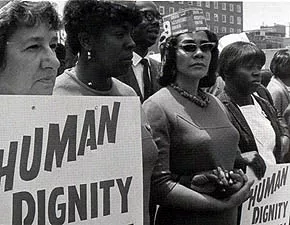
Black History Month is celebrated every February to honor the achievements of African Americans who have shaped American history. Historian Carter G. Woodson hoped to raise awareness of African American's contributions to civilization by establishing Negro History Week. The event was first celebrated during a week in February 1926 that included both Abraham Lincoln and Frederick Douglass' birthdays. The week was later expanded to a month in 1976 during the United States bicentennial.
PHOTO: On March 20, 1969, Black hospital workers at the Medical College of South Carolina in Charleston went on strike to protest the firing of twelve employees and to call for higher wages and union recognition.

Video
In the 1950s and 1960s, Rock Hill, South Carolina, was a thriving mill town, also known as “The Gateway to the Carolinas.” Like most of the segregated South, there were two separate worlds: one black...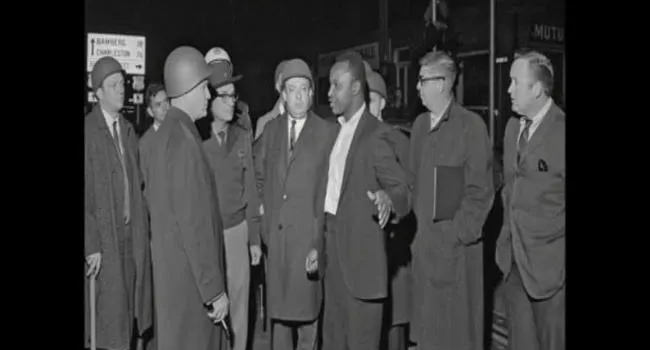
Video
By the summer of 1960, civil rights leaders began to question the effectiveness of these “sit-ins.” Thomas Gaither, a field secretary for CORE (Congress of Racial Equality), along with other civil...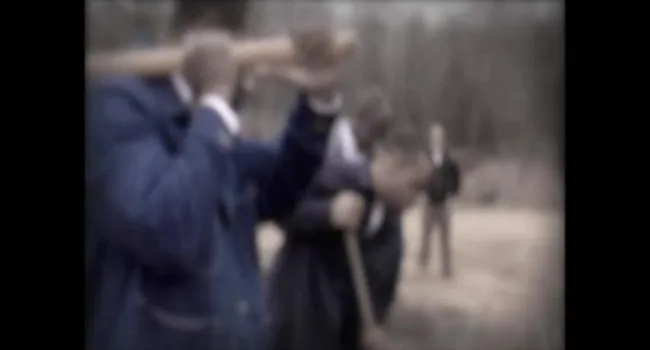
Video
Life in jail for the student prisoners was grueling. News of these “jail-ins” had reached other civil rights groups, and caught the attention of SNCC (Student Non-violent Coordinating Committee). SNCC...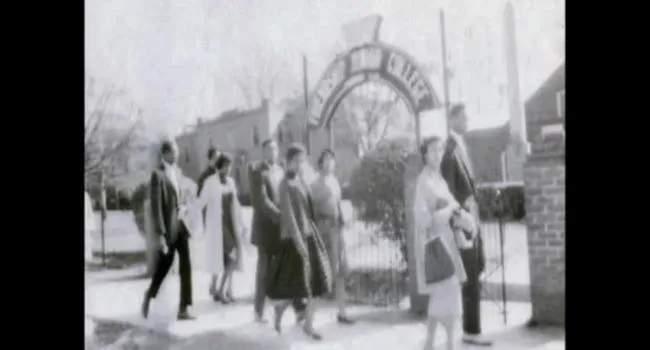
Video
The student prisoners were finally released, after serving twenty eight days, on March 2, 1961. The prisoners were released early, since prison officials wanted to keep publicity down. The success of...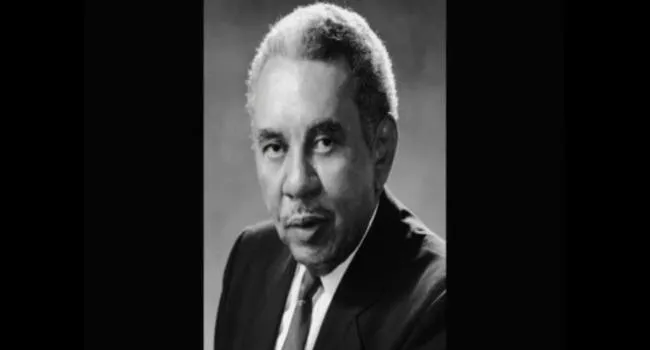
Video
Rev. Ivory, and James McCain, the South Carolina leader of CORE, arranged for a sharp, young attorney to represent and defend the student protesters: Ernest J. Finney. Finney would later on become the...
Video
Ernest Henderson, a Tuskegee Airman, discusses Eleanore Roosevelt's visit to the airfield and her interest in flying in one of their airplanes, and so she did. When she got back to Washington, she...
Audio
With the integration of Jim Crow laws in the 1890’s, there was the integration of the “Colored State Fair.” Dr. Stroup discusses the history of the “Colored State Fairs”, and how different factions...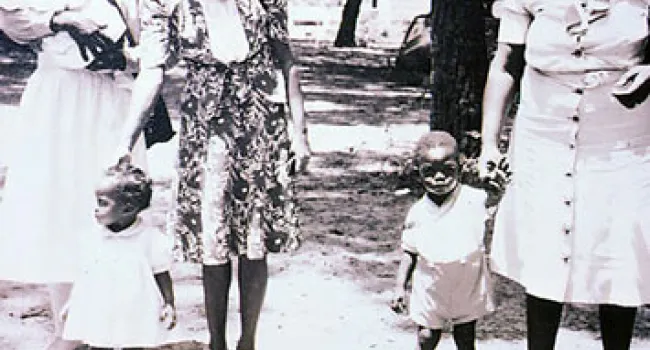
Photo
An important event at the Penn School was the annual Baby Fair, sponsored by the school as a way to encourage good nutrition and other health practices for children of St. Helena's Island. This...
Photo
The caption found on this photo reads: "The Keen Teens of the Columbia Chapter of Jack and Jill of America, Inc., a national black youth organization, attended the Teenage Regional recently held in...
Photo
The Columbia All-Stars were an African-American professional baseball team. Photo by Walter Livingston Blanchard, ca. 1920. Courtesy of the South Caroliniana Library.